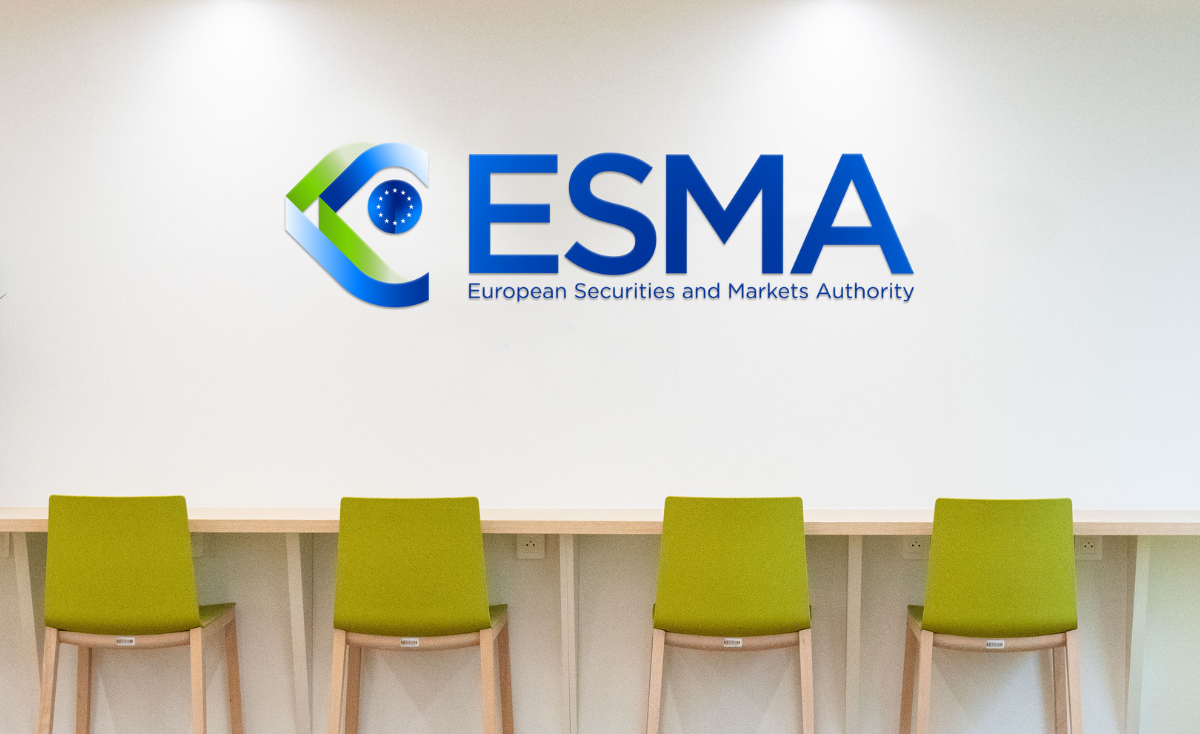ESMA releases new consultation on ESG rating providers
ESMA proposes new RTS that include mandatory authorisation for ESG ratings firms, strict disclosure of methodologies, and clear separation between ratings and advisory services. But will it work?
Fund Operator Editor POSTED ON 5/14/2025 12:00:00 PM
 @ESMA.
@ESMA.
The European Securities and Markets Authority (ESMA) published a Consultation Paper on draft Regulatory Technical Standards (RTS) under the ESG Rating Regulation at the beginning of May.
ESMA is the EU’s financial markets regulator and supervisor.
The draft RTS cover the following aspects that apply to ESG rating providers:
- What exact information should be provided in the applications for authorisation and recognition.
- The measures and safeguards that should be put in place to mitigate risks of conflicts of interest within ESG rating providers who carry out activities other than the provision of ESG ratings.
- The information that they should disclose to the public includes rated items and issuers of rated items, as well as users of ESG ratings.
The move aims to enhance transparency, reduce conflicts of interest, and strengthen the credibility of sustainability data across Europe.
For fund operation teams, the information is important as stricter regulations about ESG data is being implemented. Fund operators must have an appropriate level of trust in those they engage to provide the ratings.
This is particularly of concern with the rise of private markets investment in the industry, which requires a heavy amount of scrutiny. If a fund is deeply involved with privates then the ESG rating provider is even more important to provide information, as well as regulatory compliance and peace of mind.
"Firms must now disclose their methodologies, data sources,
and assumptions used in producing ESG scores."
According to consultants Seneca ESG, the draft RTS will establish new requirements for ESG ratings companies, mandating authorisation, operational transparency, and robust conflict-of-interest controls.
“Firms must now disclose their methodologies, data sources, and assumptions used in producing ESG scores,” said Seneca's take on the changes. “Importantly, firms that also offer advisory or credit rating services must ensure full operational separation from their ESG ratings business. This measure is designed to eliminate superficial legal structures and strengthen credibility in ESG ratings.”
In parallel, they added, ESMA has issued updated Guidelines on Enforcement of Sustainability Information. These guidelines direct national authorities to align their oversight of ESG disclosures with financial reporting standards, particularly under the Corporate Sustainability Reporting Directive (CSRD) and the EU Taxonomy Regulation. The approach will be risk-based, prioritising greenwashing and “double materiality”—a concept that considers both the impact of the company on the environment and the financial risks environmental factors pose to the business.
The need for this is high, say many in the industry. Hortense Bioy, Head of Sustainable Investing Research for Morningstar, recently said to Fund Operator at Morningstar’s Investment Conference that the changes in regulation to the European ESG landscape will bring “clarity to a space that had vagueness.”
Bioy presented on the Sustainability Disclosure Requirement (SDR) labelling regime, which is the UK scheme around disclosures of funds. She added that the future for ESG funds and the regulation was more positive than perhaps some headlines would indicate.
She specifically mentioned ESMA’s work as the key to this change. In the future, she said, there is “more to do in target setting and transition planning”.
However, product proliferation has slowed, and development has also been slower.
“Strategies will be more appropriate, though,” she said. As mentioned above, Bioy also emphasised the rise of interest in private markets and the challenges and opportunities this presented. “This will have more impact,” she said, “[We need] more evidence of what these strategies will achieve.”
ESMA said it would consider the feedback received to the consultation by 20 June 2025 and expects to publish a Final Report and submit the draft RTS to the European Commission for adoption in October 2025.
ESMA also said it wanted to particularly encourage entities that intend to apply for registration as ESG Rating Providers, as well as financial market participants, users of ESG ratings or rated entities, to participate in the consultation.
Please Sign In or Register to leave a Comment.
SUBSCRIBE
Get the recent popular stories straight into your inbox







